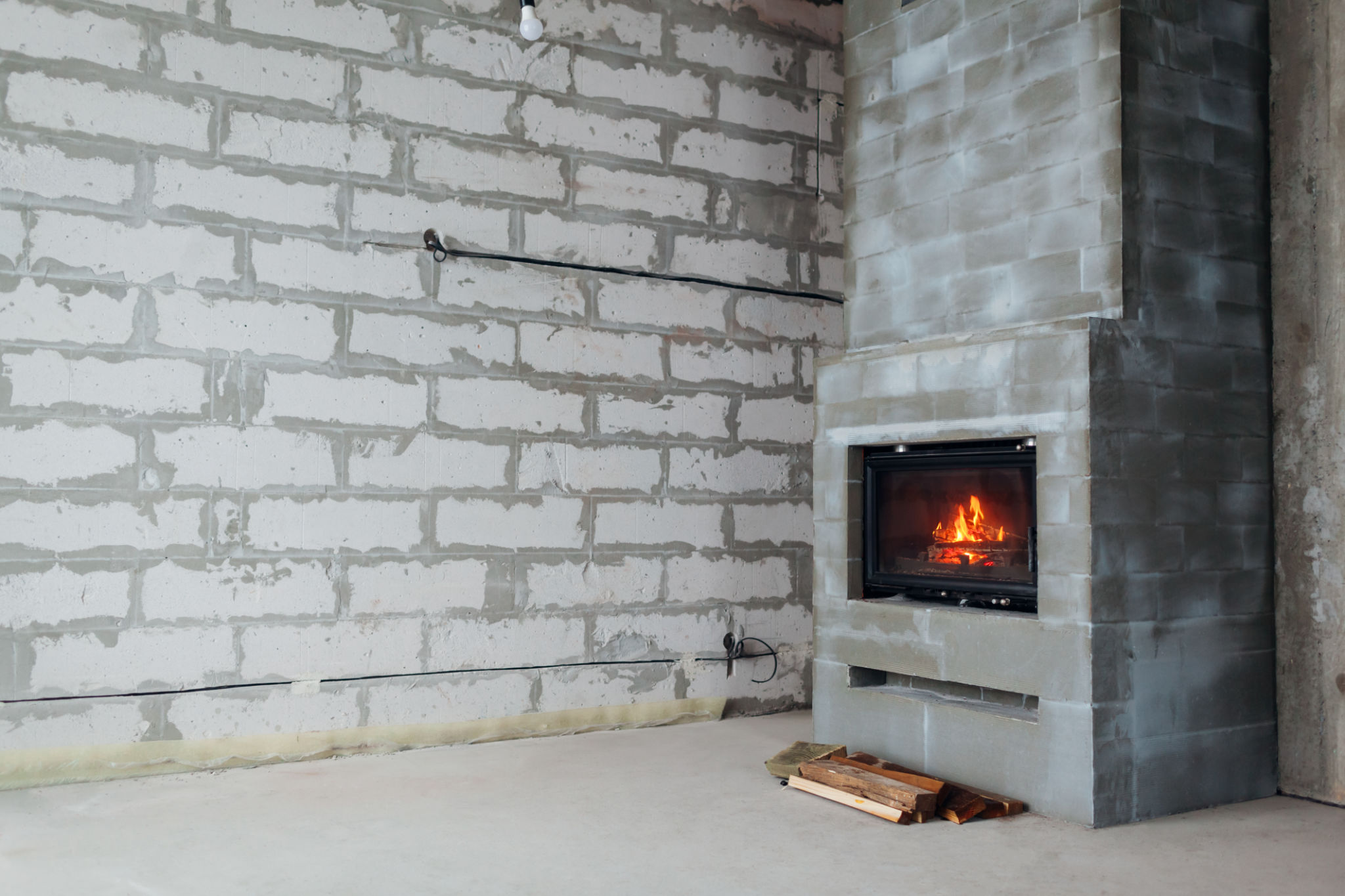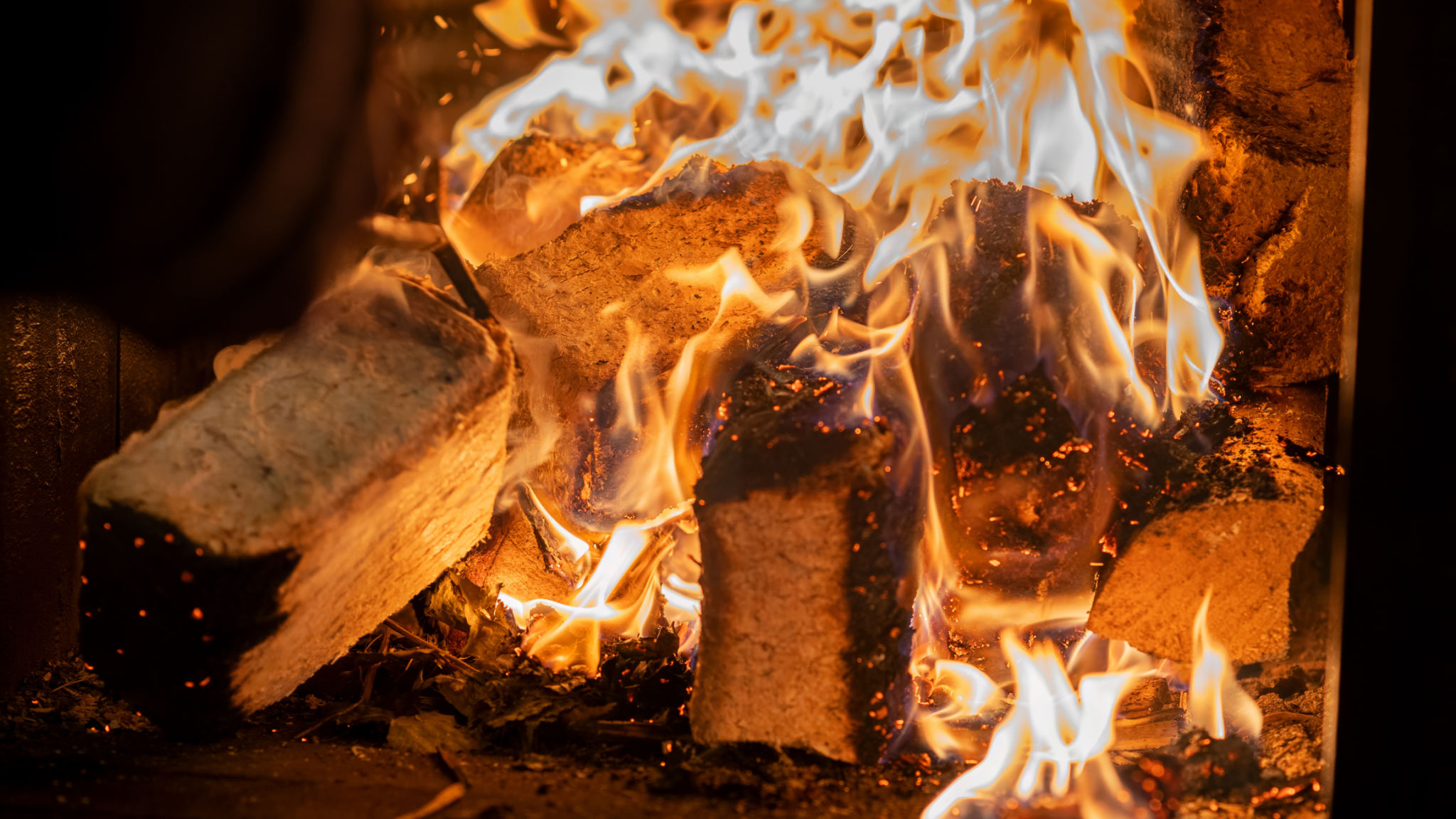Common Misconceptions About Fireplace Installation Debunked
Understanding Fireplace Installation
Fireplaces are a beloved feature in many homes, offering warmth, comfort, and a cozy ambiance. However, when it comes to installing a new fireplace, several misconceptions can lead homeowners astray. Understanding the truth behind these myths is essential for anyone considering adding this beautiful feature to their home.

Myth 1: All Fireplaces Require a Chimney
One of the most common misconceptions is that every fireplace requires a chimney. While traditional wood-burning fireplaces do need a chimney to expel smoke, modern alternatives like gas and electric fireplaces do not. Gas fireplaces often use direct venting systems, while electric fireplaces generate no smoke at all, making them versatile options for various home layouts.
Myth 2: Fireplace Installation Is Incredibly Expensive
Many people assume that installing a fireplace is a costly endeavor. While it's true that high-end custom installations can be pricey, there are plenty of affordable options available. Prefabricated fireplaces, especially electric ones, can be installed at a fraction of the cost of traditional masonry fireplaces. It's important to shop around and explore different types and models to find one that fits your budget.

Myth 3: You Can Install a Fireplace Anywhere
While fireplaces are adaptable to many spaces, they cannot be installed just anywhere. Factors such as ventilation, structural support, and local building codes all play crucial roles in determining suitable locations. Consulting with a professional installer can help identify the best place for your new fireplace while ensuring compliance with safety regulations.
Myth 4: Maintenance Is Optional
Some homeowners believe that once installed, fireplaces require little to no maintenance. This is not true, particularly for wood-burning and gas fireplaces. Regular cleaning, chimney inspections, and vent checks are essential to ensure safe operation. Electric fireplaces require less maintenance but still need occasional cleaning and inspection.

Myth 5: Fireplaces Are Inefficient
Another misconception is that fireplaces are inherently inefficient heat sources. While older models may have been less effective at heating, modern designs have improved significantly. Gas and electric fireplaces offer highly efficient options, with adjustable thermostats and even heat distribution features that can effectively warm your space.
The Importance of Professional Installation
Hiring a professional for fireplace installation is often overlooked but crucial. Experts ensure that the installation meets all safety standards and functions correctly. They can also guide you through choosing the right type of fireplace for your specific needs and space constraints.

Conclusion
Understanding the realities behind common fireplace installation myths can help you make informed decisions for your home. By knowing what to expect and seeking professional guidance, you can enjoy the warmth and ambiance of a fireplace without unnecessary stress or expense.